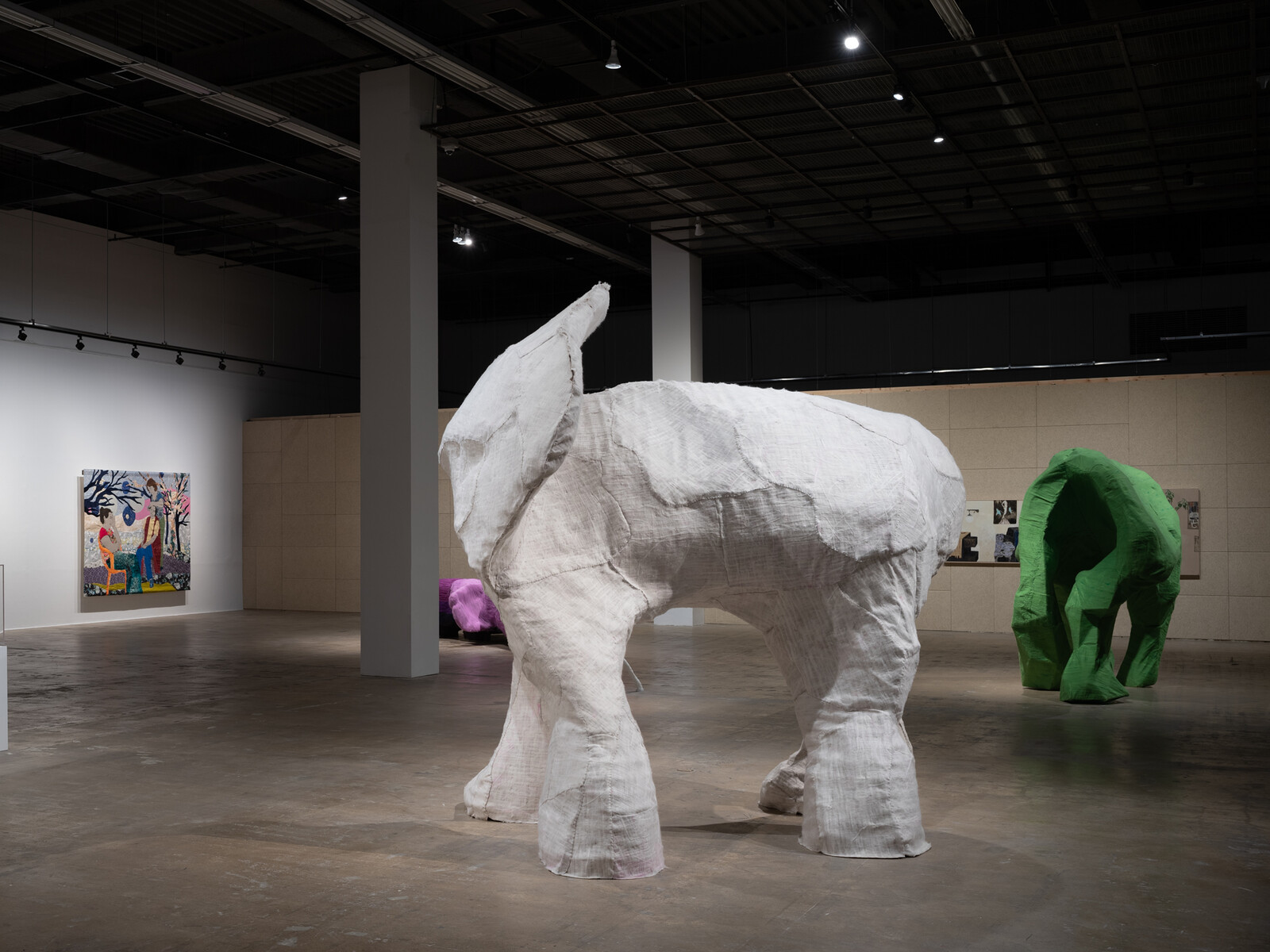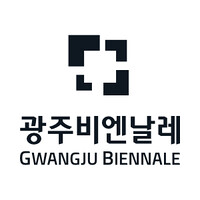April 7–July 9, 2023
The 14th Gwangju Biennale, hosted by the Gwangju Biennale Foundation (President, Yang-woo Park) and the Gwangju Metropolitan City, opened to the public on April 7, and runs through to July 9, 2023.
The main exhibition, titled soft and weak like water, is curated by Sook-Kyung Lee, Artistic Director of the 14th Gwangju Biennale. Concurrently, the Gwangju Biennale Foundation has teamed up with global art institutions to showcase the Gwangju Biennale Pavilion. Through these two presentations, the 14th Gwangju Biennale delves into the role of art in present-day concerns and portrays the distinct values and influence that art holds.
Powerful messages of resistance and coexistence within the aesthetics of simplicity and restraint
soft and weak like water takes its inspiration from a chapter of Dao De Jing which speaks of water’s capacity to embrace contradictions and paradoxes. The Biennale proposes to imagine our shared planet as a site of resistance, coexistence, solidarity and care by thinking through the transformative and restorative potential of water as a metaphor, a force, and a method. soft and weak like water features 79 artists from around the world, representing different generations, cultural backgrounds, and regions. A diverse spectrum of artists, including established and emerging talents, women, minorities, and indigenous artists, offer layered and eclectic perspectives.
The Biennale presents powerful messages of resistance, deconstruction, decolonization, ecology, and the environment, while also providing a space for solidarity, contemplation, inclusivity, and recovery. The exhibition guides the viewer through various rhythms, with a strong yet lyrical composition that emphasizes the aesthetics of restraint emerging from a profound sense of depth. This structure reflects the characteristics of water, which can embrace diversity and contradictions.
In addition to the central venue, the Gwangju Biennale Exhibition Hall, works are located in, and resonate with, the architectural, historical, and cultural context of exhibition spaces across Gwangju, such as the Gwangju National Museum, Mugaksa, Artspace House, and Horanggasy Artpolygon.
Gwangju Biennale Pavilion: experiencing art from around the world in Gwangju
The 14th Gwangju Biennale features pavilions presented in collaboration with prestigious cultural and art institutions from around the world. Initiated in 2018, this edition is the largest in its history, injecting the city of Gwangju with a vibrant, global contemporary art scene.
The pavilions at this year’s Gwangju Biennale include nine countries in total: Canada, China, France, Israel, Italy, the Netherlands, Poland, Switzerland, and Ukraine. Each pavilion will address contemporary discourses related to topics such as climate issues, cultural heritage, and marginalized communities, while interacting with the main exhibition soft and weak like water and working in dialogue with local public art museums, alternative spaces, and private art galleries. Collaborating institutions and exhibition venues include the LeeKangHaArtMuseum, Eunam Museum of Art, Yangrim Gallery, Gwangju Media Art Platform, Dong-gok Art Museum, Gwangju Museum of Art, Gallery Podonamu, Yangnim Salon, Leeleenam Studio, and the Asia Culture Center.
The Gwangju Biennale Park Seo-Bo Art Prize
One of the most anticipated moments of the Biennale’s opening week, the inaugural Gwangju Biennale Park Seo-Bo Art Prize was awarded to artist Oum Jeongsoon at the opening ceremony. The artist received a golden dove emblem (the dove is the official bird of Gwangju Metropolitan City) and a cash prize of 100,000 USD.
Press contacts
National contact: Elisa Lee, elisa.lee [at] gwangjubiennale.org
International contacts: Yaz Ozkan, yaz [at] pelhamcommunications.com and Alexia Menikou, alexia [at] pelhamcommunications.com




